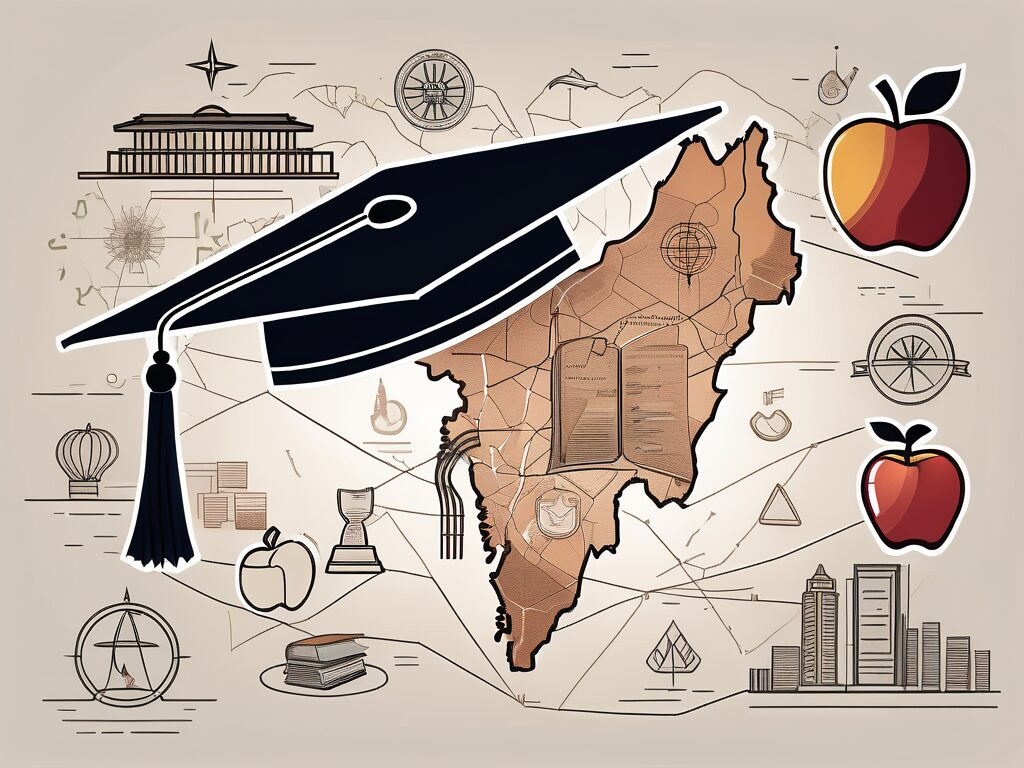How is Singapore Education System Different from the UK?
The education systems in Singapore and the UK are renowned for their high standards, yet they differ significantly in structure, approach, and outcomes. For aspiring international educators, understanding these differences is crucial for career advancement and effective teaching. In this article, we will explore the key distinctions between the two systems and provide insights for educators looking to make a successful transition.
Table of Contents
- Why is it Important for Aspiring International Teachers?
- Key Skills or Qualifications Required
- Steps to Get Started
- Challenges and How to Overcome Them
- Best Practices and Tips for Success
- Conclusion
Why is it Important for Aspiring International Teachers?
Understanding the differences between the Singapore and UK education systems is vital for educators aiming to work internationally. Singapore’s education system is known for its rigorous curriculum and emphasis on STEM subjects, while the UK system offers a more balanced approach with a focus on creativity and critical thinking. This knowledge can help educators tailor their teaching methods to meet the expectations of each system, enhancing their employability and effectiveness.
Key Skills or Qualifications Required
To succeed in either system, educators need a strong foundation in their subject area, along with skills in classroom management and student engagement. In Singapore, additional qualifications in STEM education can be advantageous, while in the UK, experience in fostering creativity and critical thinking is highly valued. Certifications such as the International Qualified Teacher Status (iQTS) can also enhance an educator’s credentials.
Steps to Get Started
1. Obtain relevant teaching qualifications and certifications, such as iQTS.
2. Gain experience in diverse educational settings to understand different teaching methodologies.
3. Stay updated with the latest educational trends and policies in both Singapore and the UK.
4. Network with international educators to gain insights and advice.
Challenges and How to Overcome Them
Adapting to a new education system can be challenging due to differences in curriculum, teaching styles, and cultural expectations. To overcome these challenges, educators should engage in continuous professional development, seek mentorship from experienced colleagues, and remain open to learning and adapting new teaching strategies.
Best Practices and Tips for Success
1. Embrace cultural diversity and incorporate it into your teaching.
2. Use technology to enhance learning and engage students.
3. Foster a growth mindset in students, encouraging them to embrace challenges.
4. Collaborate with fellow educators to share resources and strategies.
Conclusion
Understanding the differences between the Singapore and UK education systems is essential for aspiring international educators. By acquiring the necessary skills, qualifications, and experience, educators can successfully navigate these systems and make a meaningful impact on their students. Embrace the opportunity to grow professionally and personally by exploring international teaching opportunities.
Want to become a teacher in a Tier 1 international school? Join the course here.

